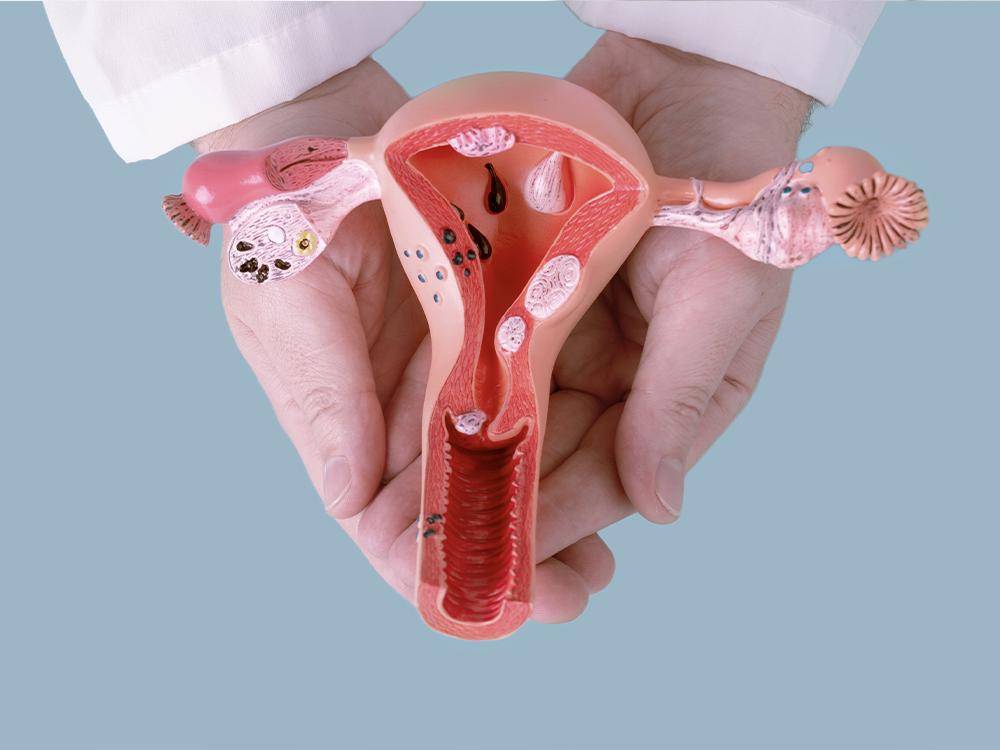Fibroid Uterus
- Home
- Fibroid Uterus
Uterine fibroids treatment in Hyderabad

Fibroid Uterus
Uterine fibroids are the commonest benign growth occurring in women of reproductive age. The incidence of fibroid in reproductive age women is 20-50%.
Almost 5-10% women with infertility have fibroids. The impact of fibroids and their management in the context of infertility may be considered depending on fibroid location and size.
The main risk factors for fibroids are advancing age, nulliparity and race. Lifestyle risk factors include high red
meat intake, alcohol consumption and vitamin D deficiency. Diets rich in dairy, fruit and green vegetables reduce the risk of fibroid development. Parity is protective.
How are Fibroids treated?
Many women are unaware that they have fibroids, as they do not always cause symptom. You may experience heavy bleeding, prolonged bleeding, pain in abdomen and difficulty in getting pregnant.
We at White Rose Fertility & Research Center provide effective Uterine fibroids treatment in Hyderabad. It begins with the diagnosis of fibroid. It can be done by pelvic examination, USG, hysteroscopy and MRI.
In women with submucous fibroids, a hysteroscopic myomectomy should be performed when indicated. In case of subserosal fibroid there are no evidence that purely subserosal fibroid can impact fertility so no surgery required usually. For intramural fibroid laparoscopic approach or hysteroscopic approach can be used, depending on the extent of the fibroids.
To get the best Uterine fibroids treatment in Hyderabad, consult our expert specialists at White Rose Fertility & Research Center.
Contact Us
Location : Bizness Square, First floor, Opposite to Hitex Arch 16, Hitech City Road, Whitefields Hitech City,Kondapur Hyderabad, Pin- 500081
Email: helpdesk@originfertilitycenter.com
Phone: +91 99626 73333
Working Hours
- Mon - Sat : 8:00 AM – 7:00 PM
- Sun : 10:00 AM – 1:00 PM
Subscribe for updates
©2023 – 2024 White Rose Fertility Center | All Rights Reserved
Handcrafted With Love
©2023 White Rose Fertility Center | All Rights Reserved
Handcrafted With Love by TRD Studios

